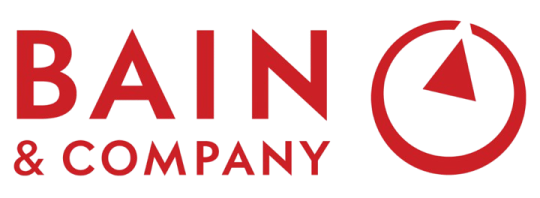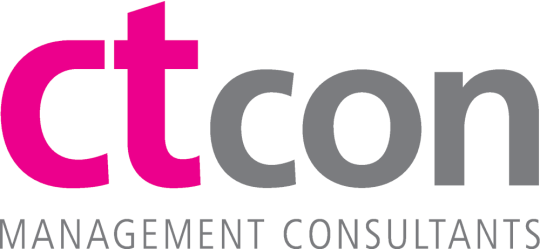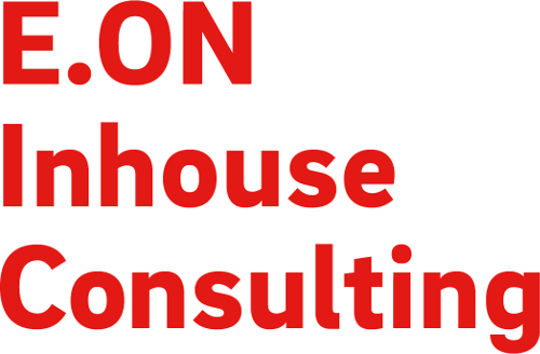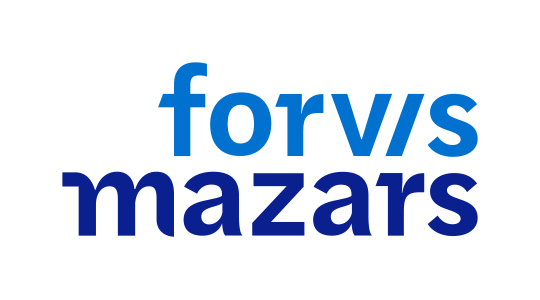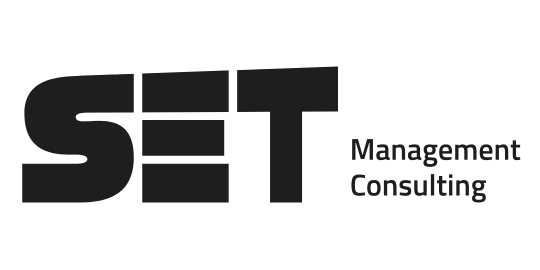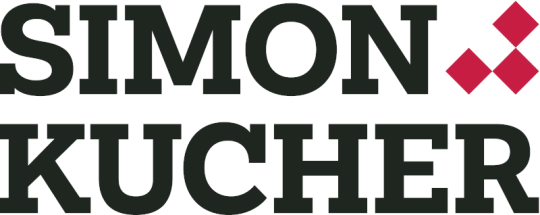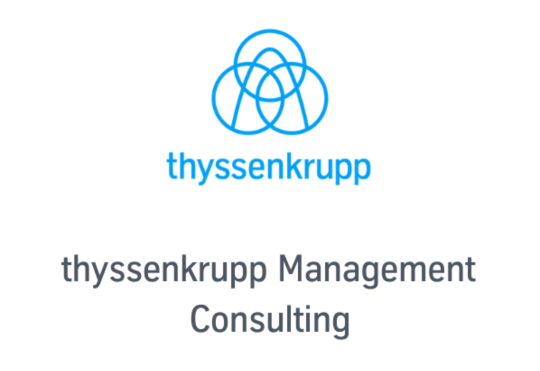Every consulting firm is unique. If you are interested in working in consulting, the available options include working for the typical strategy consultancies, more specialized boutique consulting firms, or for the so-called inhouse consultancies which are basically internal consulting firms of big companies.
The big players in strategy consulting know how to set the tone by means of branding, demanding projects, internationality, and last but not least through attractive salaries. Boutique consultancies have the advantage that consultants may work in their favorite field in order to evolve into specialists. Inhouse consultancies are becoming more and more important for the job market, since employees are looking for more promising work-life-balance properties in their employers. Moreover, you'll be able to do your own networking in a big firm, and therefore lay a solid foundation for the transition into the later stages of your career.
Learn About Exciting Employers
Questions
You'll have to bring certain abilities to the table, but it's about more than what's on your resume. Despite an excellent academic education, your future employer will also look for working experience, especially if acquired abroad. Particularly if you studied business/economics, you'll be expected to have at least two internships on your record when being interviewed.
While an MBA can be beneficial, it's not a strict requirement to apply for a consulting job. Consulting firms often seek candidates with diverse educational backgrounds, including natural sciences, medicine, and pharmacy. They highly value organized and analytical working behavior.
Beyond educational qualifications, firms also emphasize soft skills such as communication abilities, self-confidence, and analytical skills. Even without significant practical experience, if you demonstrate these qualities, you could potentially be considered for consulting roles. Some firms may also offer workshops and mini-MBA programs to further develop your skills once hired.
Working as a consultant offers several benefits. While the role often requires long working hours, especially for those starting their careers, it compensates with high salaries. Additionally, the experience you gain as a consultant can lead to promising career advancements and opportunities for personal development, extending beyond the realm of consulting.
Many consultants leverage their experience to transition into roles in large industrial companies, smaller boutique consultancies, or startups, which can offer diverse career paths.
Find the Right Employer for Your Career in Consulting in United States
Explore the following high-profile employers in United States and get insights about upcoming events and recent job openings at our partner firms. All profiles in United States are packed with priceless information about the application process and general tips and tricks.
Learn what it takes to land your dream job at your favorite company in France. Find out which firm fits you best and get to know more about each firm's special culture by browsing these profiles. Videos showing interviews with current employees and our integrated newsfeed (with current posts from Facebook and Twitter) help keeping you up to date about the topics career and application. In addition to that you find a map with all office locations of each firm so you can check whether there is an office near you. Last but not least some partners provided us with a real case from their interview process. Dive in and crack a case which could await you in your interviews. Solve it on your own or find a partner to crack it interactively.
